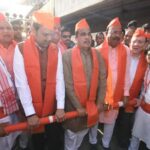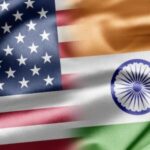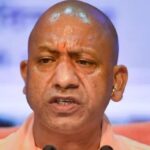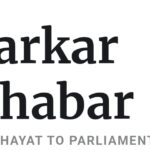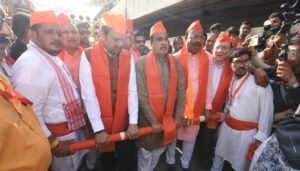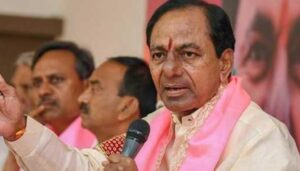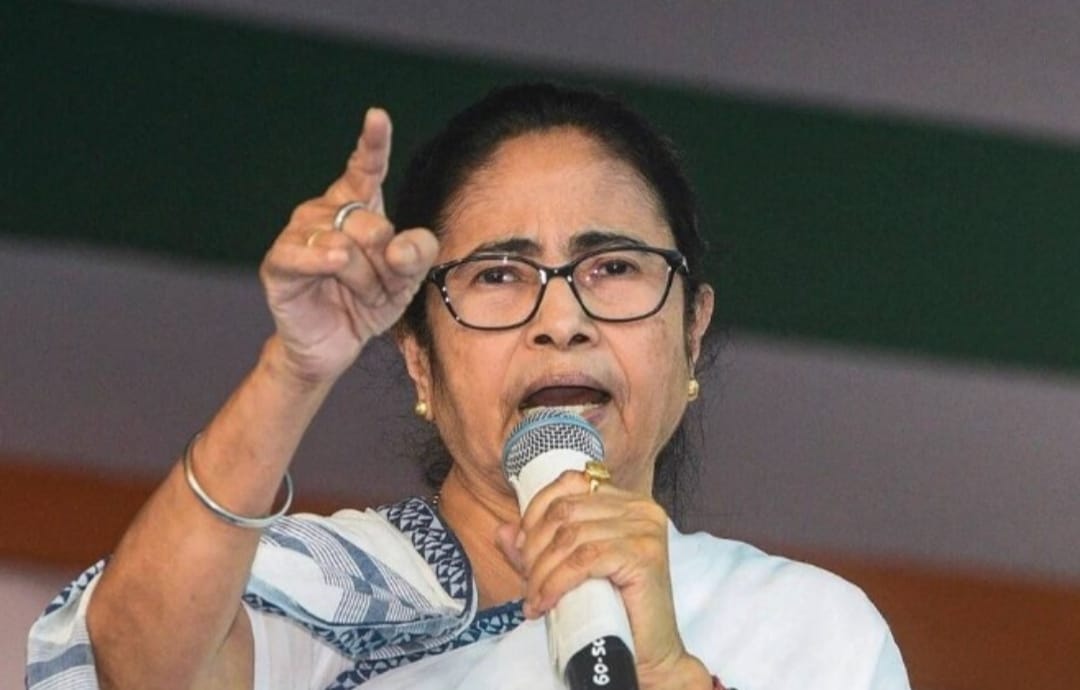
Mamata Banerjee’s Solo Gambit: I.N.D.I.A Coalition Cracks Open Ahead of Polls
New Delhi, 24th January 2024: Tensions are escalating among opposition parties as the I.N.D.I.A. coalition faces internal discord in the lead-up to the 2024 Lok Sabha elections. Mamata Banerjee’s party has announced its decision to go solo in the West Bengal elections, triggering responses from various quarters, including Congress leader Acharya Pramod.
Acharya Pramod, a prominent figure within the Congress party, utilized social media as a platform to air his perspectives on the unfolding situation. He indicated that additional political entities may soon distance themselves from the alliance. In a post, he remarked, “More ‘dals’ will leave; nobody wants to be stuck in the ‘dal-dal’.” This pronouncement deals a substantial blow to the unity that the opposition alliance previously sought to maintain.
Meanwhile, Amit Malviya, the Chief of BJP’s IT cell, voiced criticism against the I.N.D.I.A coalition. Malviya insinuated that Mamata Banerjee’s decision to independently contest in West Bengal reflects a lack of confidence in the alliance’s strength. He highlighted her eagerness to secure a political foothold by competing in all seats, an attempt to remain politically relevant even after the electoral dust settles.
Malviya further questioned the effectiveness of Mamata Banerjee’s political maneuvers in the capital, asserting that her numerous visits to Delhi failed to bolster her national standing. He argued that Mamata’s employment of Mallikarjun Kharge as her legal counsel, aimed at salvaging her political image, proved ineffective in dispelling accusations of opportunistic politics.
Adding to his critique, Malviya alleged that Mamata Banerjee, sensing vulnerability, sought Kharge’s legal expertise to navigate the turbulent political waters but ultimately found herself sidelined in the race. The timing of her decision to contest alone in Bengal, just before Rahul Gandhi’s visit, symbolizes a rupture within the I.N.D.I.A. coalition. The fissures within opposition ranks could have significant ramifications as the electoral landscape continues to evolve.
